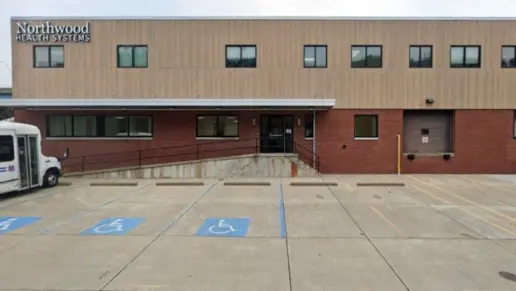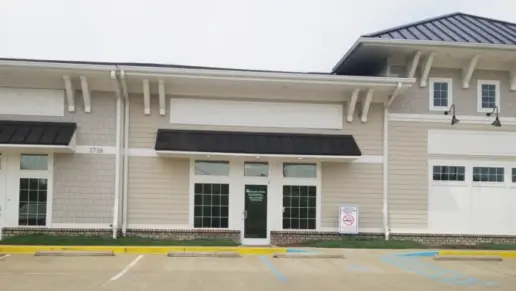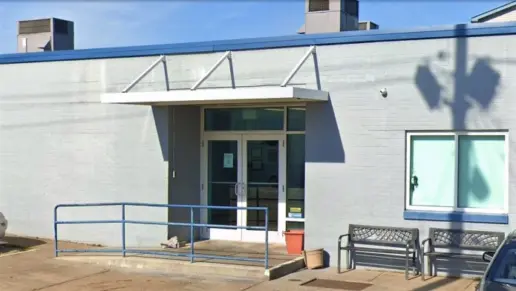About St. Joseph Recovery Center
St. Joseph Recovery Center, located in Parkersburg, West Virginia, provides addiction treatment services for adults, with a dedicated commitment to veteran care. They specialize in dual diagnosis support, which treats both addictive behaviors and co occurring mental health disorders, such as post-traumatic stress disorder (PTSD). Depending on the level of care they require, clients can participate in medical detox, residential treatment, outpatient treatment, or mobile services. They accept many insurance plans, including Ohio Medicaid and Optum for Veterans.
Clients who need to detox before transitioning into other phases of recovery can do so under medical supervision. This service takes place in a residential setting with 24/7 nursing care. If medication assisted treatment (MAT) is required, providers can administer addiction medications, along with counseling and recovery education, to reduce the physical pain of withdrawal and prevent complications.
Once detox is complete, clients may enter the Center’s residential or outpatient treatment programs. Clients who need to recover apart from the day to day stressors of home may prefer to live on campus. All treatment plans are personalized according to the client’s needs and recovery process and can include counseling, educational programming, experiential therapies, life skills training, 12 step recovery programs, and peer-based support groups.
There is also a wide number of holistic activities available on site, including equine therapy, animal therapy, art programs, hiking treks, farm outings, and yoga. Most clients stay in residential treatment for 30 to 60 days. Upon discharge, clients can work with assigned case managers to secure additional recovery support services, including referrals for educational assistance, vocational training, housing, and medical needs.
Latest Reviews
Gallery
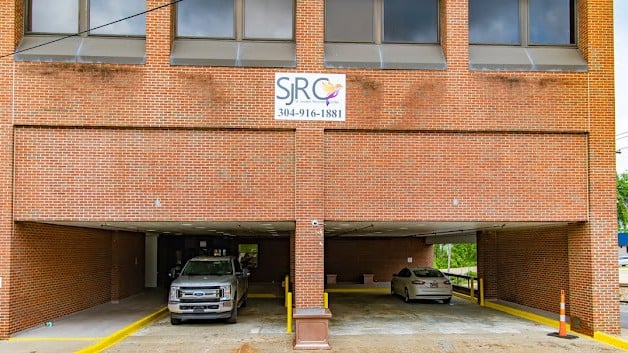
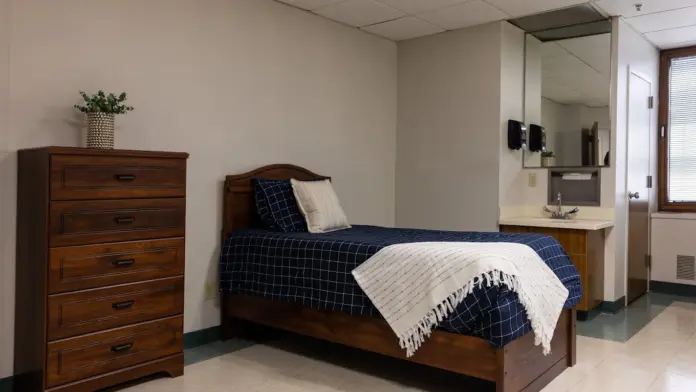
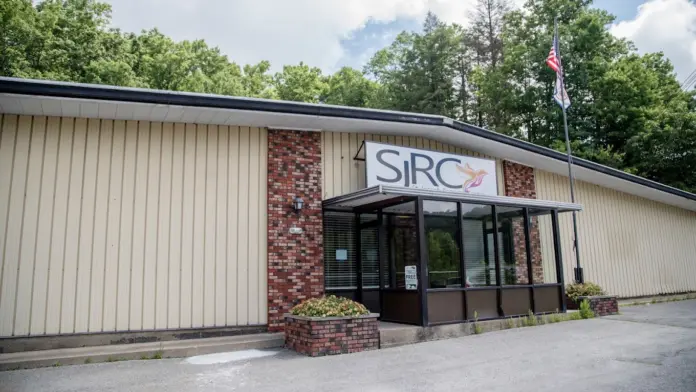
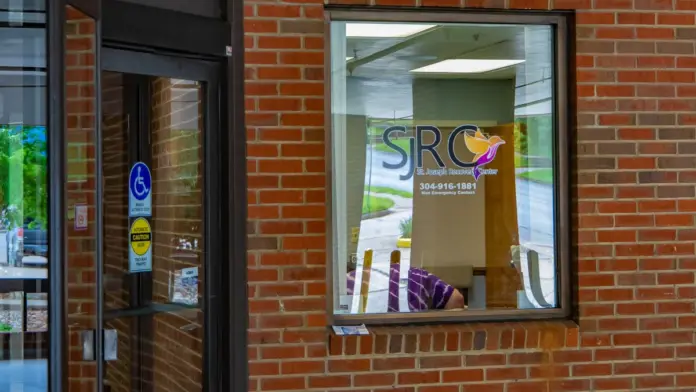
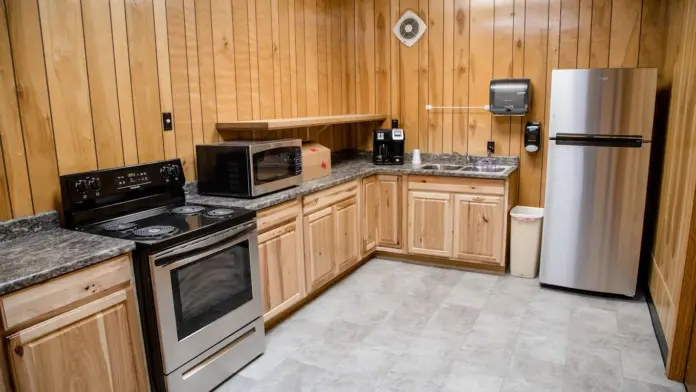
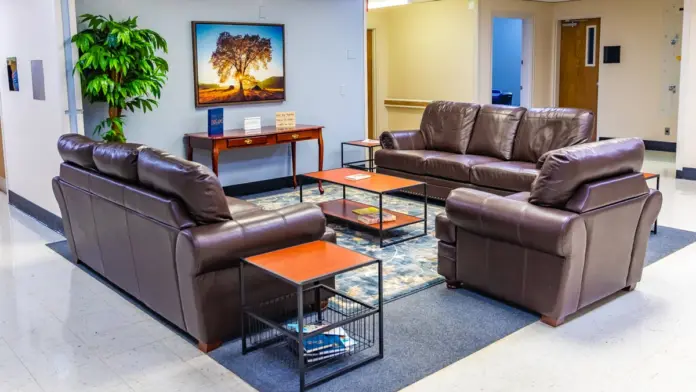
Location
Accepted Insurance
Other Forms of Payment
Private insurance refers to any kind of healthcare coverage that isn't from the state or federal government. This includes individual and family plans offered by an employer or purchased from the Insurance Marketplace. Every plan will have different requirements and out of pocket costs so be sure to get the full details before you start treatment.
Self-pay involves paying for treatment out of your own pocket. You can use savings or credit, get a personal loan, or receive help from family and friends to fund your treatment. If you don't have insurance or your insurance plan doesn't cover a specific program, self-pay can help ensure you still get the care you need.
Financial aid can take many forms. Centers may have grants or scholarships available to clients who meet eligibility requirements. Programs that receive SAMHSA grants may have financial aid available for those who need treatment as well. Grants and scholarships can help you pai for treatment without having to repay.
Medicare is a federal program that provides health insurance for those 65 and older. It also serves people under 65 with chronic and disabling health challenges. To use Medicare for addiction treatment you need to find a program that accepts Medicare and is in network with your plan. Out of pocket costs and preauthorization requirements vary, so always check with your provider.
Medicaid is a state based program that helps lower-income individuals and families pay for healthcare. Medicaid covers addiction treatment so those enrolled can use their coverage to pay for rehab. When a program accepts Medicaid the client often pays very little or nothing out of their own pocket.
Addiction Treatments
Levels of Care
Programs





Clinical Services
Through cognitive behavioral therapy in West Virginia, therapists encourage clients to identify negative thoughts, gain control over them, and develop ways to change their behaviors. This can be an effective way to break the cycle of addiction and overcome substance use disorder.
The core philosophies of dialectical behavior therapy in West Virginia are that everything is interconnected, change is inevitable, and you can integrate opposites to reach the truth. Treatment focuses on acceptance and change. You'll learn how emotions and behaviors are connected, accept your feelings, and learn how to change patterns of emotion and behavior.
Trauma therapy gives you a structured approach to healing from past traumatic events. You can experience the emotional and psychological impact of trauma whether you witness an event or experience it. Your therapist guides you in understanding your responses and helps you develop healthier coping skills.
During family therapy, family members work with therapists to understand addiction as a disease and how it affects the family unit. Using this approach fosters empathy and reduces blame between family members. This creates a nurturing environment that helps support their loved one's sobriety.
The goal of nutrition therapy is to teach you how to properly care for your body so you can recover from addiction both physically and mentally. You'll learn the nutrients your body needs to recover and the foods you should eat to avoid cravings and reduce the risk of relapse.
Amenities
-
Residential Setting
Accreditations

LegitScript has reviewed St. Joseph Recovery Center as part of their certification program, and has determined that it meets the LegitScript standards for legality, safety and transparency.
LegitScript verified in
Contact Information
1824 Murdoch Ave
Parkersburg, WV 26101









